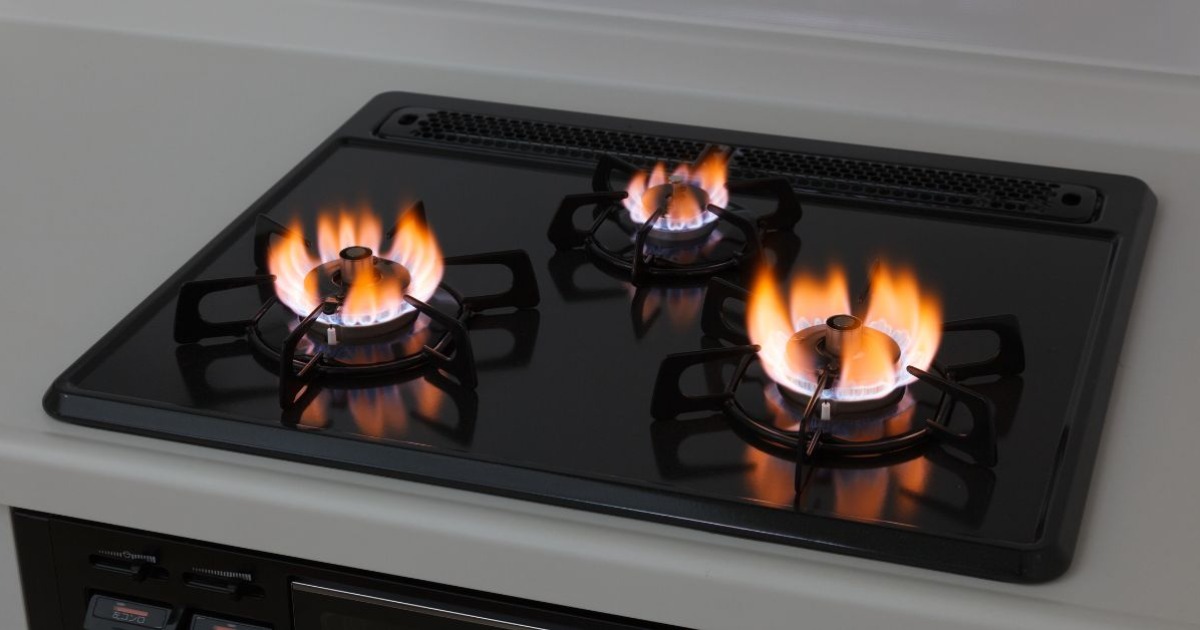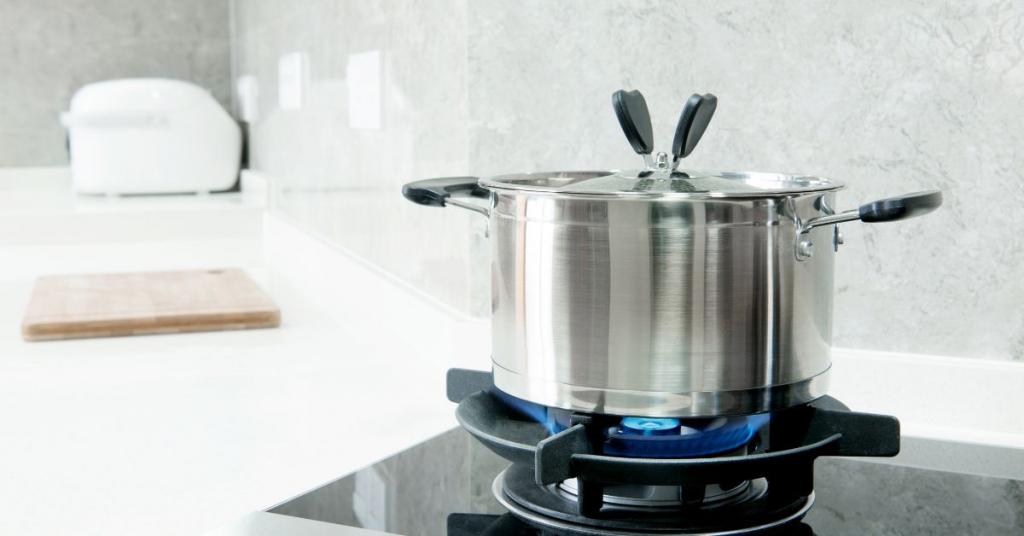Does Gas Stove Produce Carbon Monoxide? A Simple Answer Is Here!
- 21 Mar 2023 10:00
- 4747

When it comes to the safety of your home, it's essential to understand the basics of different appliances and their effects on air quality.
One of the essential household appliances is the gas stove, and people often ask, "Does gas stove produce carbon monoxide?”
This post will provide a straightforward answer to this question and discuss the potential risks associated with a gas stove to help you make informed decisions.
Let's jump into the details!
Does Gas Stove Produce Carbon Monoxide?
Yes, gas stoves can produce colorless, odorless, and toxic carbon monoxide. They produce it when burning any fuel, including natural gas, propane, wood, coal, oil, and kerosene.
When gas stoves are not installed or maintained correctly, or when there is insufficient ventilation, the carbon monoxide produced can seep into the surrounding areas, leading to potentially dangerous gas levels.

Is Carbon Monoxide Dangerous?
Yes, carbon monoxide is a highly hazardous gas and can be extremely dangerous to human health if inhaled in large quantities.
Carbon monoxide is a colorless, odorless, and tasteless gas produced from burning fuels such as gasoline, wood, charcoal, propane, and natural gas.
When inhaled, it enters the bloodstream and, in some cases, can lead to serious health issues such as nausea, dizziness, headaches, confusion, asphyxiation, and in more severe cases, death.
Can I Get CO Poisoning From My Gas Stove?
Yes, it is possible to get CO poisoning from the gas stove. Natural gas stoves, when operating correctly, should not produce CO.
However, a gas stove can produce CO if it is not working correctly.
Signs of a malfunctioning gas stove include:
- Yellow or orange flames.
- Soot.
- An odor of gas.
- Pilot lights frequently go out.
What Causes Gas Stoves to Produce CO?

Gas stoves may produce CO when a flame burns for an extended period or when the furnace is not burning efficiently.
-
The common causes of carbon monoxide production from gas stoves are incomplete combustion due to inadequate ventilation, insufficient air or fuel supply, or a blocked chimney or flue.
-
Maintenance of the furnace and its components, such as worn-out or clogged burner heads and faulty regulators, can lead to efficient burning and carbon monoxide production.
-
Additionally, gas stoves may produce CO if there is a problem with the gas line itself, such as a gas leak.
FAQs
Is stove gas harmful to breathe?
Yes, stove gas can be very harmful to breathe in.
Stoves that use gas as a fuel source emit carbon monoxide, an odorless, colorless gas that can be fatal when inhaled in large concentrations.
Carbon monoxide exhausts when fuel such as gasoline, wood, coal, natural gas, or propane burns.
Can carbon dioxide come from a gas stove?
Yes, we can produce carbon dioxide (CO2) from a gas stove. Gas stoves burn fuel such as propane or natural gas, both hydrocarbon fuels.
When these fuels burn, they produce carbon dioxide as one of the byproducts.
This is because the combustion process requires oxygen from the air and releases carbon dioxide into the atmosphere.
How do I know if my gas stove is leaking carbon monoxide?
If you are concerned that your gas stove may be leaking carbon monoxide, there are a few key signs you should look for.
-
Firstly, you should check for any strange odors that may be coming from the stove. As carbon monoxide is odorless and colorless, a pungent smell of gas may indicate a leak.
-
Secondly, you should check for any visible signs of rust, corrosion, or discoloration on the stove or surrounding area.
-
Lastly, you can purchase a carbon monoxide detector to ensure your safety. The sensor can alert you of any gas leaks before it becomes dangerous.
How long does it take to get CO poisoning from a gas stove?
The amount of time it takes to develop CO poisoning from a gas stove varies depending on the size of the space, the amount of ventilation, and the concentration of the gas in the air.
Generally speaking, carbon monoxide exposure can become toxic in as little as 2 hours in a poorly ventilated space.
Conclusion
The answer to whether gas stoves produce CO is yes. Though usually, they are in minimal amounts safe for you and your family.
If your gas stove is functioning correctly and you take the necessary precautions, it should not be a concern.
It is always important to be aware of the potential dangers of CO poisoning and to take the necessary steps to ensure your safety.
Thank you for taking the time to read this article!
